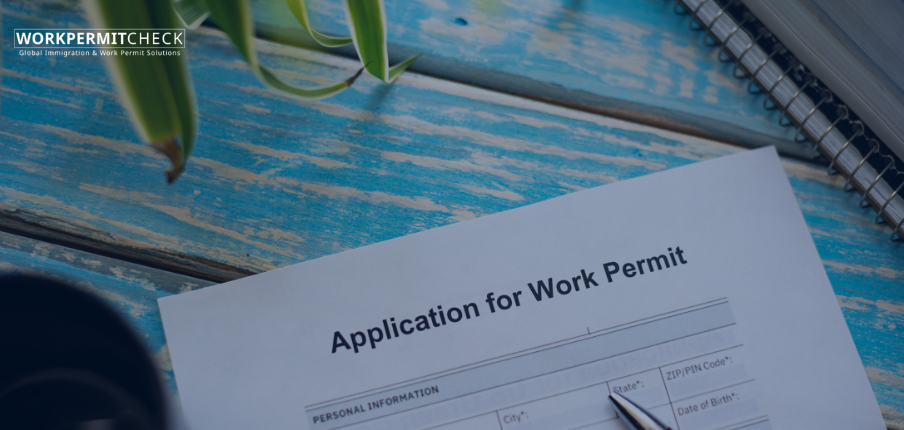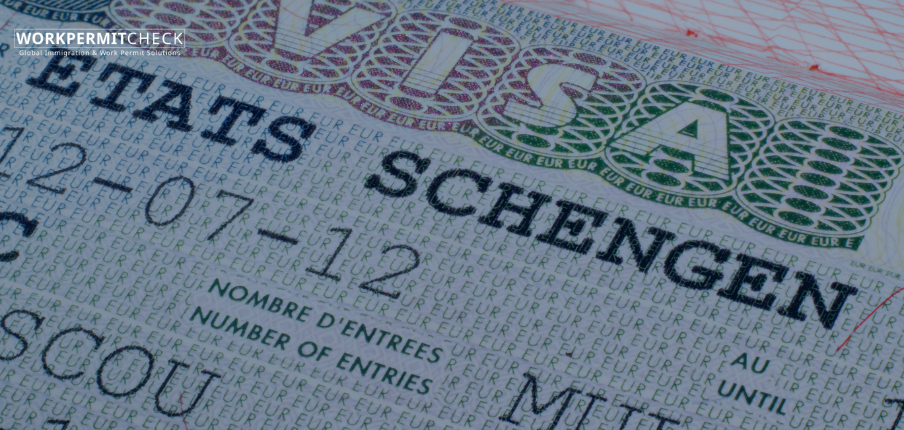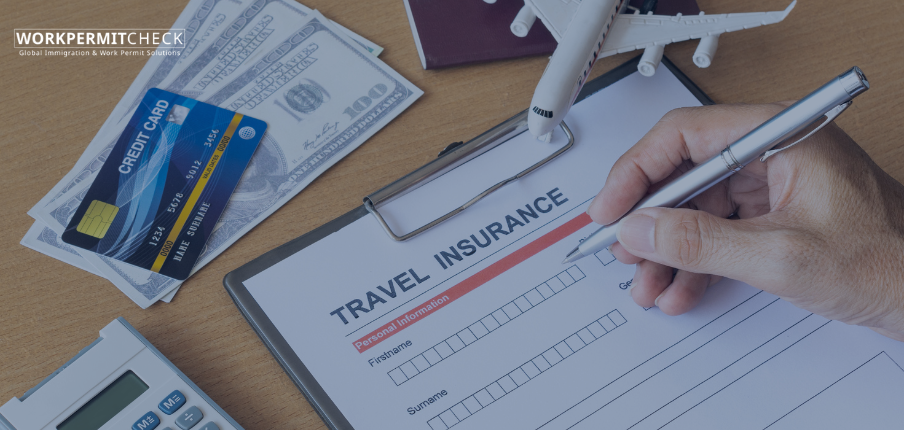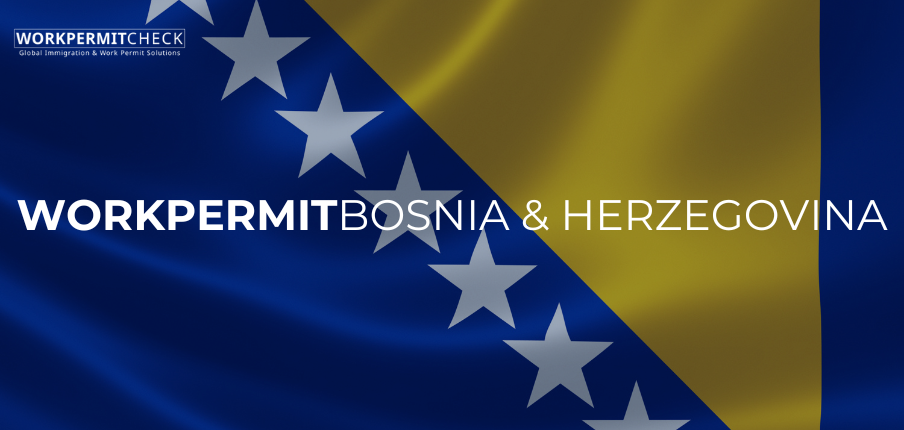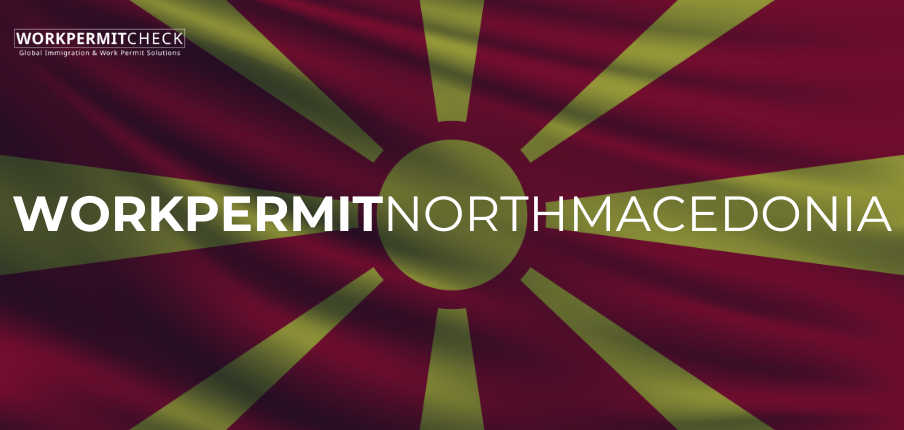For foreign professionals moving to France on a work permit, the ability of family members—especially spouses—to accompany them and work in the country is a common and important question. France offers various provisions depending on the type of permit held by the primary applicant. This blog post explains whether a spouse can work in France, under what conditions, and what documents are required.
General Rule: Spouse Work Authorization Depends on Permit Type
In France, the right of a spouse to work depends primarily on the type of work permit or visa the main applicant (employee) holds. While some categories automatically grant work rights to spouses, others require additional authorization.
1. Talent Passport Holders
If you hold a Talent Passport (Passeport Talent), your spouse benefits from simplified family reunification and is granted the right to work in France.
-
Your spouse receives a "vie privée et familiale" residence permit, which allows full access to the French labor market.
-
No additional work permit is needed.
-
The permit is usually valid for the same duration as your Talent Passport.
This is one of the most favorable conditions for accompanying family members.
2. Intra-Company Transfer (ICT) Visa Holders
If you are in France under an ICT (Intra-Company Transfer) permit, your spouse can also apply for a dependent residence permit.
-
In many cases, spouses receive a "ICT family" permit, which allows them to reside and work without restrictions.
-
This applies particularly to long-term transfers.
3. Standard Work Permit Holders (Salaried Employees)
If you are in France on a standard work permit (outside the Talent Passport or ICT scheme), your spouse may join you under family reunification after certain conditions are met:
-
You must have legally resided in France for at least 18 months.
-
You must show sufficient income and accommodation.
-
Once approved, your spouse will receive a "vie privée et familiale" permit, which includes the right to work.
However, this process takes longer and does not grant automatic work rights upon your initial arrival.
4. Short-Term Work Permits or Temporary Workers
If your work permit is valid for less than 12 months or is tied to a short-term assignment:
-
Your spouse may not automatically have the right to work.
-
Separate applications and authorization may be required.
-
In some cases, work rights are not granted at all.
5. Students Transitioning to Work
If you switched from a student visa to a work permit, and your spouse joined you during your studies, they may need to apply separately for work authorization, unless covered by a new dependent status under your updated permit.
Required Documents for Spouse Work Authorization (if applicable)
Depending on the visa or permit type, the spouse may need to provide:
-
Valid passport
-
Marriage certificate (translated and legalized)
-
Proof of your residence status and income
-
Health insurance
-
Proof of address in France
The specific list may vary by prefecture and case.
Key Points to Remember
-
Talent Passport and ICT visa holders’ spouses can work without separate work permits.
-
For standard work permits, spouses may work after the 18-month residency condition is met.
-
Dependent residence permits are often required to gain work access.
-
All applications must be submitted through the appropriate French consulate (abroad) or prefecture (within France).
Conclusion
Whether your spouse can work in France depends largely on the type of work permit you hold. In many cases—especially with long-term or highly skilled visas—France permits spouses to work without additional restrictions. However, the process can be more complex for standard or short-term permits. Proper planning, documentation, and understanding of visa categories are essential to ensure a smooth relocation for your entire family.
Disclaimer:
This blog post is intended for informational purposes only and does not constitute legal advice. French immigration laws and requirements are subject to change. Individuals should consult the official French government websites or a licensed immigration professional for the most accurate and up-to-date information regarding their personal situation.
















